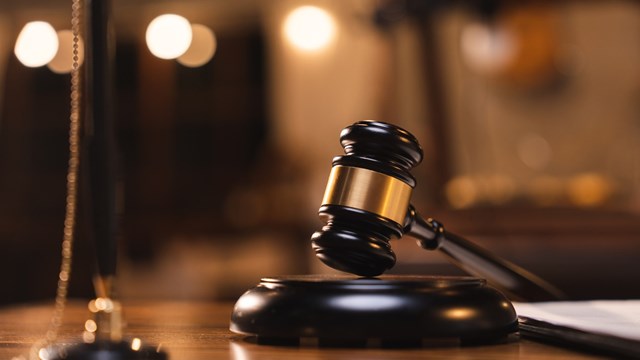Q. I live in a co-op. Last year we had new windows installed, but the cost was greater than we’d initially been told, due to a DOB law requiring all apartments to have a set amount of air and light that necessitated the use of a different type of window than originally planned. According to the board, the change was based on an examination of just 11 apartments; it was determined that given the results of this sample, most apartments failed to meet the DOB standard. I’ve been asking for the apartment numbers of those 11 apartments that were used as justification for this additional cost for a number of years, and the board refuses to give that information to me. Is this legal?
Secondly, based on the fact that I own stock in the co-op, am I entitled to know the executive manager’s salary and the amount of bonus paid to that individual and the resident manager? The board claims that there is a non-disclosure agreement which prohibits them from giving me that information. Is that possible?
—In the Dark
A. “As a shareholder in a cooperative, you have a right to review certain books and records, but not necessarily everything you are asking for,” says Stewart Wurtzel, partner at New York City law firm Tane Waterman & Wurtzel. “The right to inspect books and records comes from three sources: the proprietary lease, Business Corporation Law Sec 624, and common law. Most proprietary leases provide that a shareholder has the right to review ‘books of account,’ but you must check your lease to see if there is anything different set forth therein. These leases generally do not define what is meant by ‘books of account’ but usually encompass the records of payments made by the cooperative and the invoices supporting those payments. Business Corporation Law 624 provides that a shareholder shall have the right to examine ‘its minutes of the proceedings of its shareholders and record of shareholders.’ This is the minutes of the annual meeting of shareholders and does not, on its face, encompass board minutes.
“While the proprietary lease and the statute give limited rights of inspection, the common law gives the broadest right to shareholders to inspect corporate records. In the leading case of Pomerance v. McGrath, the Appellate Division held that under common law, unit owners have a right to receive a list of unit owners and their contact information. In addition, the Court held that a unit owner has a right, whether statutory or under the common law, to examine monthly financial reports, building invoices, minutes of board meetings, and appropriately redacted legal invoices. The Court also noted that not only do the unit owners have the right to examine those records, but they have the right to make electronic copies (in other words, bring your phone and take pictures). While Pomerance was a condominium case, the common law applicable to co-op disclosure is identical. In any event, inspection of corporate books and records must be made in good faith and for a proper corporate purpose. Proper purposes are those reasonably related to the shareholder’s interest in the corporation. They include efforts to ascertain the financial condition of the cooperative, to investigate management’s conduct, and to obtain information in aid of legitimate litigation.
“Applying these standards to the requests you made (and further assuming that the requests are made in good faith and for a proper purpose), the corporation is not obligated to provide you with the list of the 11 affected apartments. However, you may be able to figure out which those are from a review of the complete shareholder list to which you are entitled, the board minutes, and a review of the bills paying for that work. I am suspect of any confidentiality agreement which would prohibit disclosure of salary information of employees to shareholders (after all, shareholders are the ones ultimately paying those expenses through maintenance), but again, a review of the books and accounts might reveal the payments that were made to the executive and resident manager and the minutes may reflect the dollar amounts of the bonuses that were approved.
“Be aware that if the corporation continues to ignore your requests, you have the right to go to court to compel the corporation to make these records available to you for inspection.”










2 Comments
Leave a Comment